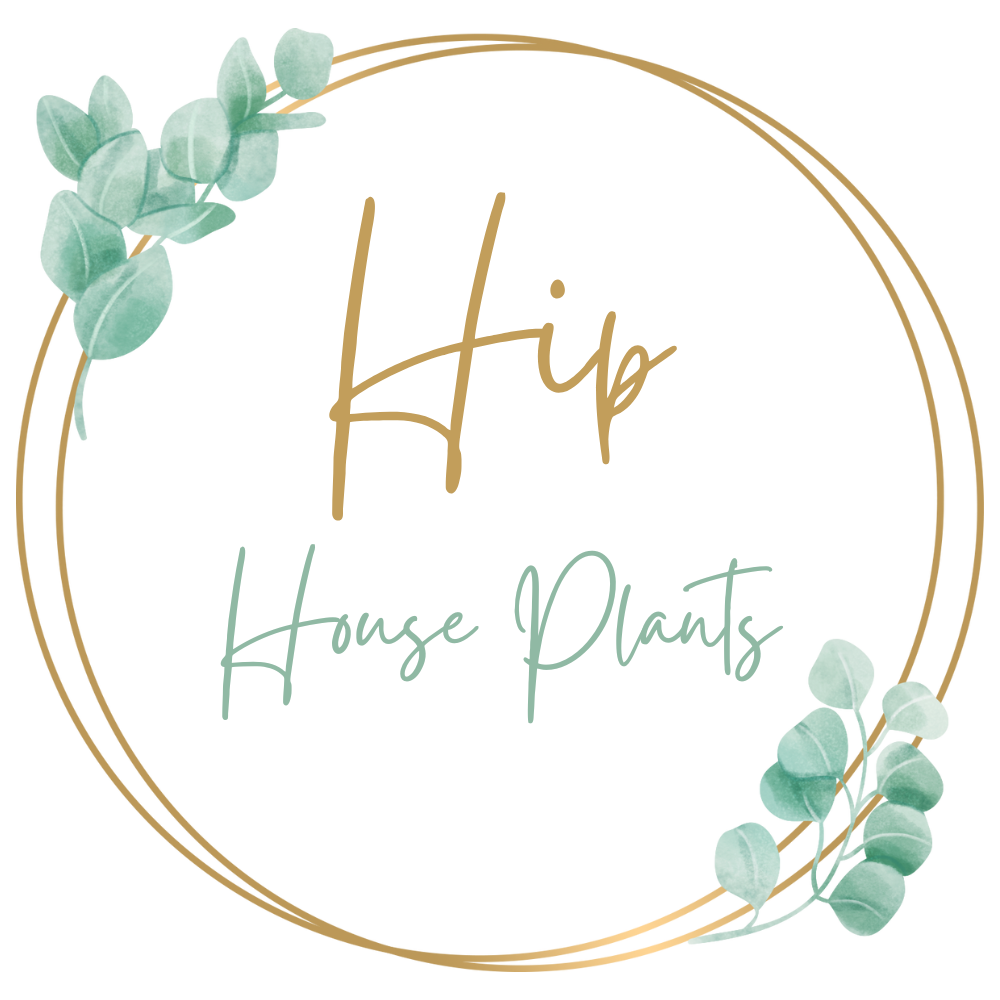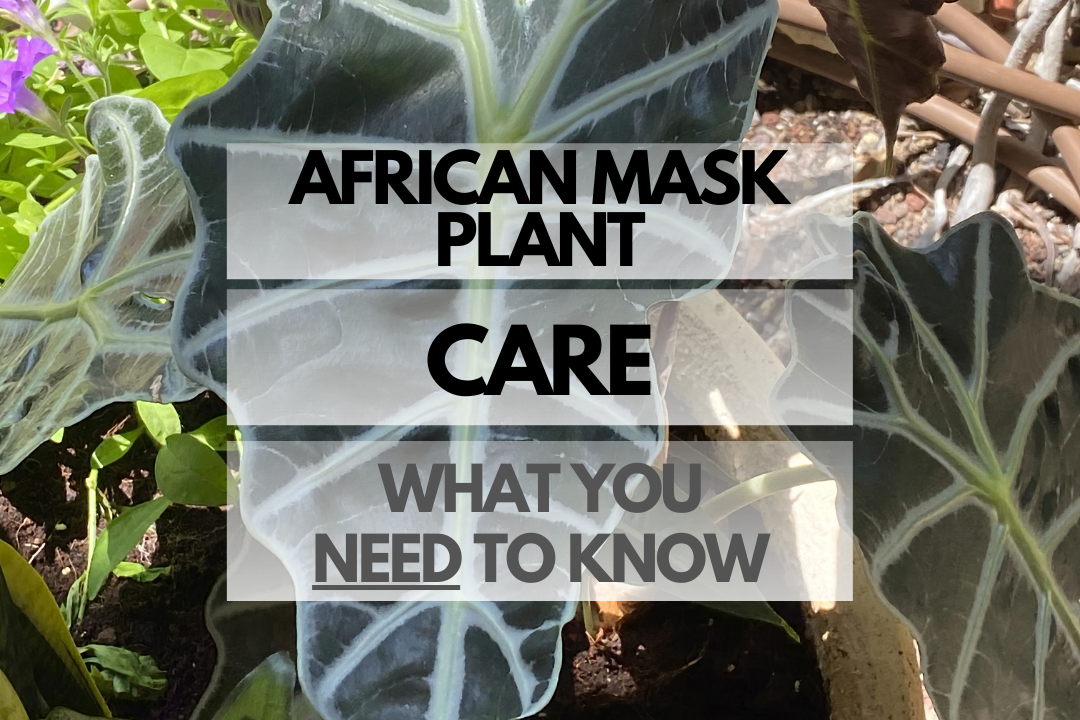African Mask Plant Care: What You Need to Know
Ready to dive into the world of African Mask Plant care? These stunning plants, known for their dramatic foliage and exotic appearance, can make an eye-catching addition to your indoor garden. In this guide, we’ll cover everything you need to know to keep your African Mask Plant happy and healthy. Let’s get started!
African Mask Plant Care Guide
Quick Reference Table: Caring for African Mask Plant
| Aspect | Care Tips |
|---|---|
| Sunlight | Bright, indirect light |
| Soil | Well-draining, peat-based mix |
| Watering | Keep consistently moist but not soggy |
| Pruning | Remove dead or yellowing leaves as needed |
| Temperature | 60-85°F (16-29°C) |
African Mask Plant Sunlight: Do They Need It and How Much?
African Mask Plants thrive in bright, indirect light. Direct sunlight can scorch their delicate leaves, so it’s essential to protect them from harsh rays. Placing your plant near a north or east-facing window or using a sheer curtain to filter the sunlight can help provide the ideal lighting conditions.
African Mask Plant Soil Tips
These tropical plants prefer a well-draining, peat-based soil mix to help retain moisture while preventing root rot. You can create your own mix by combining equal parts peat moss, perlite, and potting soil, or look for a premade mix designed for tropical plants.
African Mask Plant Watering and Frequency
Keep the soil of your African Mask Plant consistently moist but not soggy. Overwatering can lead to root rot, so it’s crucial to avoid waterlogged soil. Allow the top inch of soil to dry out slightly between waterings, and be sure to use a pot with drainage holes to prevent standing water.
Pruning African Mask Plant Properly
Pruning your African Mask Plant mainly involves removing dead or yellowing leaves to maintain its appearance and promote healthy growth. Use clean, sharp scissors or pruning shears to cut the leaf stem close to the base of the plant. Be sure to sanitize your tools before and after pruning to prevent the spread of disease.
Optimal African Mask Plant Temperature: Can They Tolerate the Cold?
African Mask Plants prefer warm temperatures, ideally between 60-85°F (16-29°C). They can be sensitive to cold drafts and temperature fluctuations, so it’s essential to keep them away from drafty windows, doors, or air conditioning vents. If your home gets chilly during the winter months, consider using a space heater or heat mat to maintain a consistent temperature around your plant.
Common African Mask Plant Problems
Yellowing leaves
Yellowing leaves can be a sign of overwatering or poor drainage. Ensure your plant’s soil is well-draining and that you’re allowing the top inch of soil to dry out slightly between waterings.
Brown leaf tips
Brown leaf tips can be a result of low humidity or a buildup of salts in the soil. To increase humidity, consider placing your plant on a tray of pebbles and water, or use a humidifier. For salt buildup, flush the soil with water to remove excess minerals and salts.
Pests
Common pests that can affect African Mask Plants include spider mites, aphids, and mealybugs. Inspect your plant regularly for signs of these pests, and treat any infestations promptly with insecticidal soap or neem oil.
African Mask Plant Outdoors vs Indoors
African Mask Plants can be grown both indoors and outdoors, depending on your climate and space availability. They are primarily grown as houseplants but can be moved outdoors during the warmer months in suitable climates.
| Pros | Cons |
|---|---|
| Indoors: Easier to control temperature andhumidity | Indoors: Limited space and natural light availability |
| Outdoors: More natural light and space | Outdoors: More susceptible to pests and temperature fluctuations |
Best Pots for African Mask Plant
When choosing a pot for your African Mask Plant, opt for one with drainage holes to prevent waterlogging. A porous material, like terracotta, can help maintain proper moisture levels and prevent root rot. As your plant grows, you may need to repot it into a slightly larger container to accommodate its expanding root system. Remember to always use a well-draining soil mix when repotting.
African Mask Plant Facts
African Mask Plant Benefits
- Air purification: Like many houseplants, African Mask Plants can help improve indoor air quality by filtering out pollutants and toxins.
- Visual appeal: With their striking foliage and eye-catching patterns, African Mask Plants add a unique, exotic touch to any indoor space.
- Easy care: Despite their tropical origins, African Mask Plants are relatively low-maintenance, making them an excellent choice for both novice and experienced plant enthusiasts.
Growth Rates: How Fast Do They Grow?
African Mask Plants have a moderate growth rate, typically growing about 12 to 24 inches per year. Factors such as lighting, temperature, and proper care can impact their growth rate, with optimal conditions promoting faster growth.
African Mask Plant Lifespan
With proper care, African Mask Plants can live for several years. They are perennial plants, meaning they continue to grow and produce new foliage each year. Regular maintenance like pruning, repotting, and providing optimal growing conditions can help extend the lifespan of your plant.
Are African Mask Plants Safe?
African Mask Plants contain calcium oxalate crystals, which can be toxic if ingested by humans or animals. It’s essential to keep these plants out of reach of children and pets to avoid potential health issues.
African Mask Plant Flowers
Although African Mask Plants are primarily grown for their foliage, they can produce small, inconspicuous flowers. These blooms are typically pale green or white and are often hidden among the plant’s striking leaves. Flowering is not common in indoor plants but may occur in optimal growing conditions.
African Mask Plant Types and Varieties
Alocasia Polly
Alocasia Polly is a compact hybrid variety known for its dark green, arrow-shaped leaves with prominent white veins. This variety grows up to 2 feet tall and is well-suited for indoor containers or small outdoor spaces.
Alocasia Amazonica
Alocasia Amazonica is another popular hybrid variety with large, striking leaves featuring deep green foliage and contrasting white veins. This variety can grow up to 3 feet tall and makes a stunning focal point in any indoor or outdoor garden setting.
African Mask Plant Pros and Cons
| Pros | Cons |
|---|---|
| Striking foliage | Toxic to humans and pets |
| Low-maintenance care | Requires specific growing conditions |
| Air-purifying benefits | May be susceptible to pests |
African Mask Plant Cost
The cost of an African Mask Plant can vary based on factors such as size, variety, and source. Typically, you can expect to pay anywhere from $10 to $30 for a potted plant, with larger or more unique varieties commanding higher prices.
Where to Buy African Mask Plant
African Mask Plants can be found at local nurseries, garden centers, or online plant retailers. Large home improvement stores and specialty indoor plant shops may also carry a selection of these exotic plants. Be sure to choose a reputable source to ensure you’re getting a healthy, well-cared-for plant.
Is African Mask Plant Propagation in Water Possible?
Yes, African Mask Plant propagation in water is possible. You can propagate your plant by taking a stem cutting with at least one healthy leaf and placing it in a container of water. Replace the water every few days to prevent bacterial growth, and roots should begin to form within a few weeks. Once a healthy root system has developed, you can transfer the cutting to a pot with well-draining soil.
Additional Resources
- Missouri Botanical Garden – Alocasia spp.
- Houseplant Hobbyist Facebook Group
- National Gardening Association – Alocasias
- ASPCA – Alocasia Toxicity Information
FAQ for African Mask Plant Care
Are African Mask Plants toxic to cats?
Yes, African Mask Plants are toxic to cats due to the presence of calcium oxalate crystals, which can cause irritation and swelling if ingested.
Are African Mask Plants toxic to dogs?
Yes, African Mask Plants are toxic to dogs for the same reasons as cats. Keep your plant out of reach to avoid potential health issues for your pets.
Are African Mask Plants toxic to kids?
Yes, African Mask Plants can be toxic to kids if ingested. Keep these plants out of reach of children to prevent any accidental ingestion.
How tall do African Mask Plants get?
African Mask Plants typically grow between 2 to 3 feet tall, depending on the variety and growing conditions.
Can African Mask Plants live outside?
African Mask Plants can live outside in regions with warm, humid climates, provided they are given adequate shade and protection from extreme temperatures. In colder regions, it’s best to grow them as indoor plants or move them indoors during the colder months.
Are African Mask Plants poisonous?
Yes, African Mask Plants are considered poisonous due to the presence of calcium oxalate crystals, which can cause irritation and swelling if ingested by humans or animals.
How often should I water my African Mask Plant?
Watering frequency can vary depending on factors like humidity and temperature, but generally, African Mask Plants should be watered when the top inch of soil feels dry to the touch. Avoid overwatering, as this can lead to root rot and other issues.

